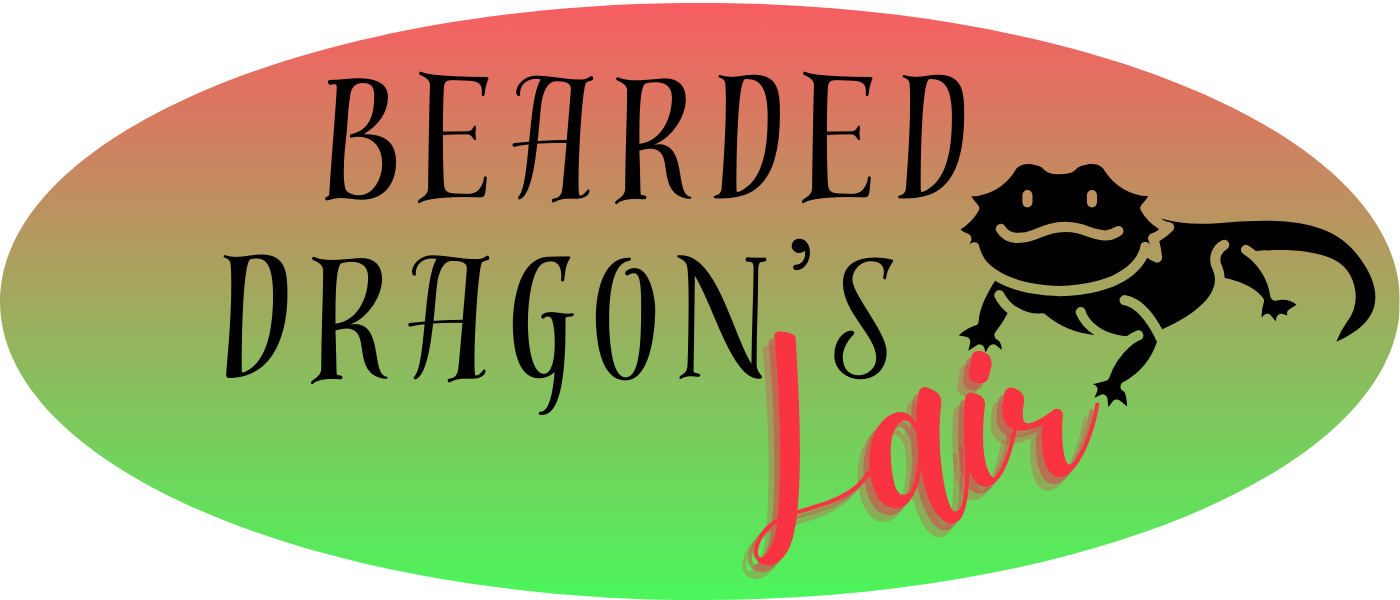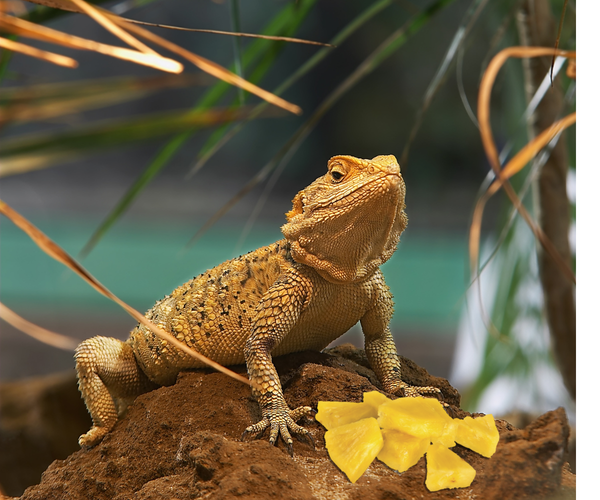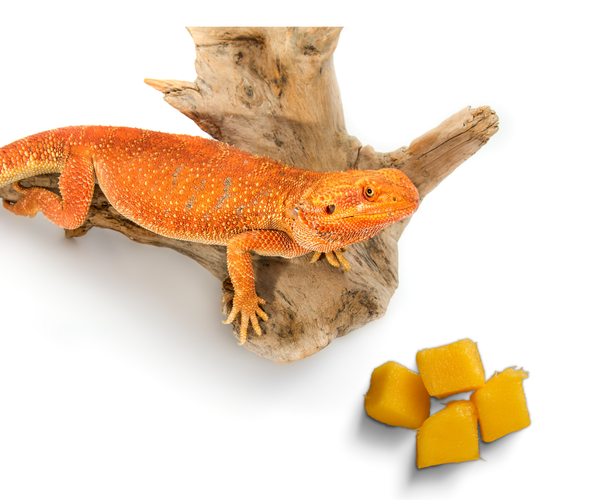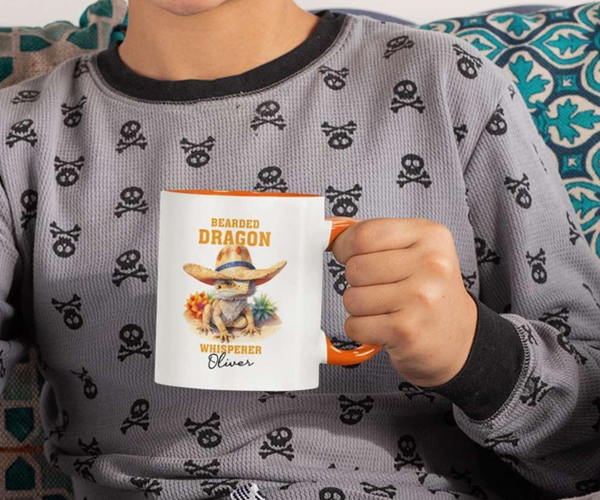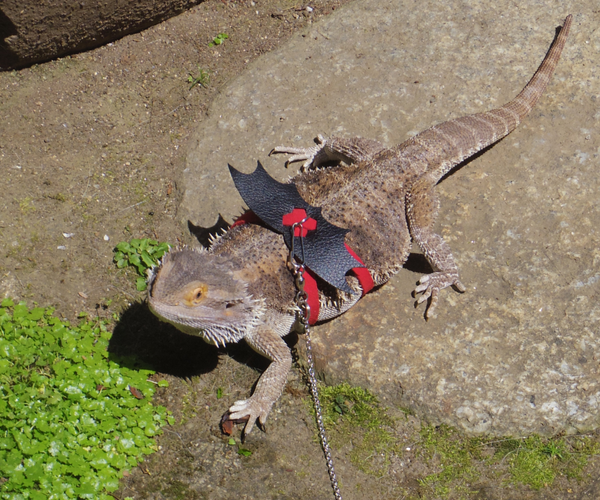Can Bearded Dragons Eat Cabbage?
Cabbage should not be a staple in your bearded dragon's diet but rather a treat offered occasionally.
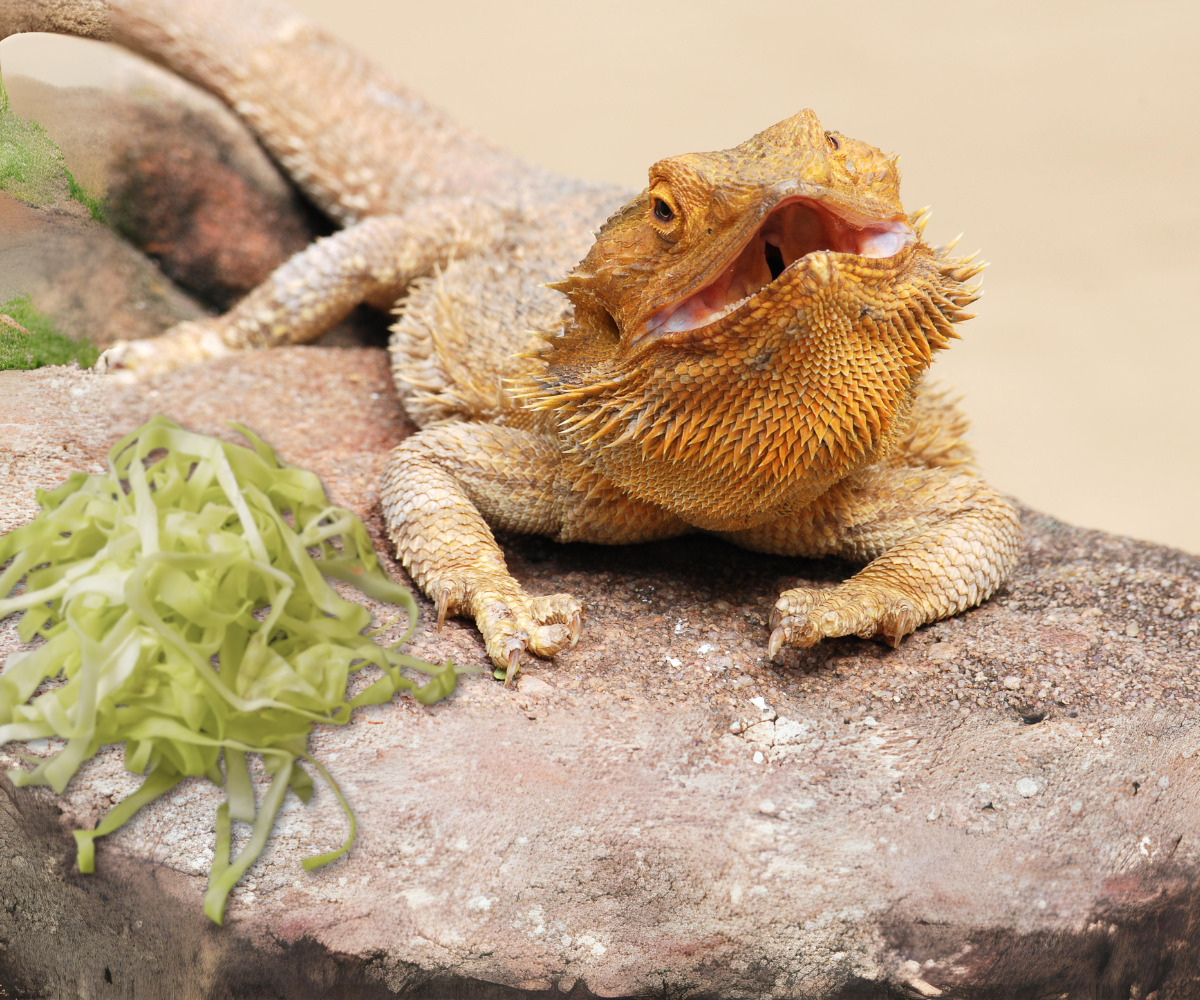
When it comes to the dietary needs of bearded dragons, owners often wonder if cabbage is a suitable vegetable to include in their pet's diet. Understanding the nutritional benefits and potential drawbacks of cabbage is crucial for maintaining the health of your bearded dragon. In this comprehensive guide, we delve into the nutritional profile of cabbage and offer expert advice on how to incorporate it into your bearded dragon's diet responsibly. Equip yourself with the knowledge to make informed decisions and ensure the well-being of your bearded dragon with our authoritative insights into their dietary requirements.
Key Takeaways:
- Cabbage can be a part of a bearded dragon's diet but should be offered in moderation.
- There are different types of cabbage, and some are more suitable for bearded dragons than others.
- Proper preparation and variety are key to ensuring the health and well-being of your bearded dragon.
Understanding Bearded Dragon Nutrition
Bearded dragons are omnivores, which means they require a balanced diet of both plant-based and animal-based foods. The dietary needs of bearded dragons change as they grow, with juveniles needing more protein and adults requiring more greens. Vegetables should make up a significant portion of an adult bearded dragon's diet, and this is where cabbage comes into play.
Cabbage is a leafy green vegetable that can provide some nutritional benefits to bearded dragons. It contains vitamins, minerals, and fiber that are essential for their health. However, it's important to understand that not all vegetables are created equal, and the same goes for different types of cabbage.
The Different Types of Cabbage
When it comes to feeding cabbage to bearded dragons, not all varieties are recommended. Green cabbage is the most common type and is relatively safe for bearded dragons in small amounts. Red cabbage, on the other hand, contains higher levels of oxalates, which can bind to calcium and lead to nutritional deficiencies. Savoy and bok choy are other types of cabbage that can be offered occasionally, but always in moderation.
Each type of cabbage has a different nutritional profile, and it's essential to consider these differences when adding cabbage to your bearded dragon's diet. The key is to provide a variety of vegetables to ensure a balanced intake of nutrients.
Frequency and Portion Size
Cabbage should not be a staple in your bearded dragon's diet but rather a treat offered occasionally. The reason for this is that cabbage can cause gas and bloating in bearded dragons if consumed in large quantities. It's recommended to feed cabbage to your bearded dragon no more than once a week.
The portion size of cabbage should also be controlled. A good rule of thumb is to offer cabbage as part of a mixed salad, making up no more than 10% of the total serving. This helps prevent any potential negative effects while still allowing your bearded dragon to enjoy the benefits of this leafy green.
Preparing Cabbage for Your Bearded Dragon
Before feeding cabbage to your bearded dragon, it's important to prepare it properly. Always wash the cabbage thoroughly to remove any pesticides or contaminants. It's best to chop the cabbage into small, bite-sized pieces to make it easier for your bearded dragon to eat and digest.
Steaming the cabbage slightly can also make it more palatable and easier to digest for your bearded dragon. However, avoid cooking it too much, as this can deplete the nutritional value. Raw, finely chopped cabbage is generally the best way to offer it to your pet.
Nutritional Benefits of Cabbage
Cabbage is low in calories and high in fiber, which can aid in digestion for bearded dragons. It also contains vitamin C, vitamin K, and folate, which are beneficial for their overall health. However, these nutrients can also be found in other vegetables that may be more suitable for regular consumption by bearded dragons.
While cabbage does offer some nutritional benefits, it's important to balance these with the potential risks. The occasional inclusion of cabbage in your bearded dragon's diet can contribute to their nutritional diversity without causing harm.
Potential Risks of Feeding Cabbage
One of the main concerns with feeding cabbage to bearded dragons is the presence of goitrogens. Goitrogens are substances that can interfere with thyroid function, potentially leading to goiter and other health issues. While the risk is relatively low, it's still a factor to consider when deciding how often to feed cabbage to your bearded dragon.
Another risk is the potential for cabbage to cause gas and bloating. Bearded dragons have sensitive digestive systems, and too much cabbage can lead to discomfort and digestive issues. This is why it's crucial to keep cabbage as a minor part of their diet.
Alternatives to Cabbage
If you're looking for alternative vegetables to feed your bearded dragon, there are plenty of options. Vegetables like collard greens, turnip greens, and mustard greens are excellent choices that can be fed more regularly. These greens are high in calcium and low in oxalates, making them a safer option for your bearded dragon's health.
Other vegetables like squash, carrots, and bell peppers can also be included in your bearded dragon's diet. These provide a range of nutrients and can add variety to their meals, which is important for their overall well-being.
The Importance of a Varied Diet
A varied diet is essential for the health of your bearded dragon. No single vegetable, including cabbage, should dominate their diet. Instead, aim to provide a wide range of vegetables, fruits, and insects to ensure they receive all the necessary nutrients.
By offering a variety of foods, you also help prevent your bearded dragon from becoming picky eaters. This is important for their long-term health, as a diverse diet helps prevent nutritional deficiencies and promotes a healthy appetite.
How to Introduce Cabbage to Your Bearded Dragon
If you decide to introduce cabbage to your bearded dragon's diet, do so gradually. Start with a small piece of cabbage mixed in with other vegetables they are already familiar with. Monitor your bearded dragon for any signs of digestive discomfort or changes in behavior.
It's also a good idea to keep a feeding diary to track what you're offering your bearded dragon and how they react to different foods. This can help you identify any potential issues and make informed decisions about their diet.
Summary
Cabbage can be a part of a bearded dragon's diet, but it should be offered in moderation due to potential risks such as goitrogens and digestive issues. It's important to provide a variety of vegetables to ensure a balanced diet and to prepare cabbage properly before feeding it to your pet. Always consider the type of cabbage and the frequency of feeding to maintain the health and happiness of your bearded dragon.
FAQ Section
Q: How often can I feed cabbage to my bearded dragon? A: Cabbage should be fed to your bearded dragon no more than once a week and in small quantities as part of a mixed salad.
Q: Are there any types of cabbage that are better for bearded dragons? A: Green cabbage is relatively safe for bearded dragons when offered in moderation. Red cabbage contains higher levels of oxalates and should be fed less frequently.
Q: What are some alternative vegetables I can feed my bearded dragon instead of cabbage? A: Collard greens, turnip greens, mustard greens, squash, carrots, and bell peppers are all excellent alternatives that can be included in your bearded dragon's diet for variety and nutritional balance.
